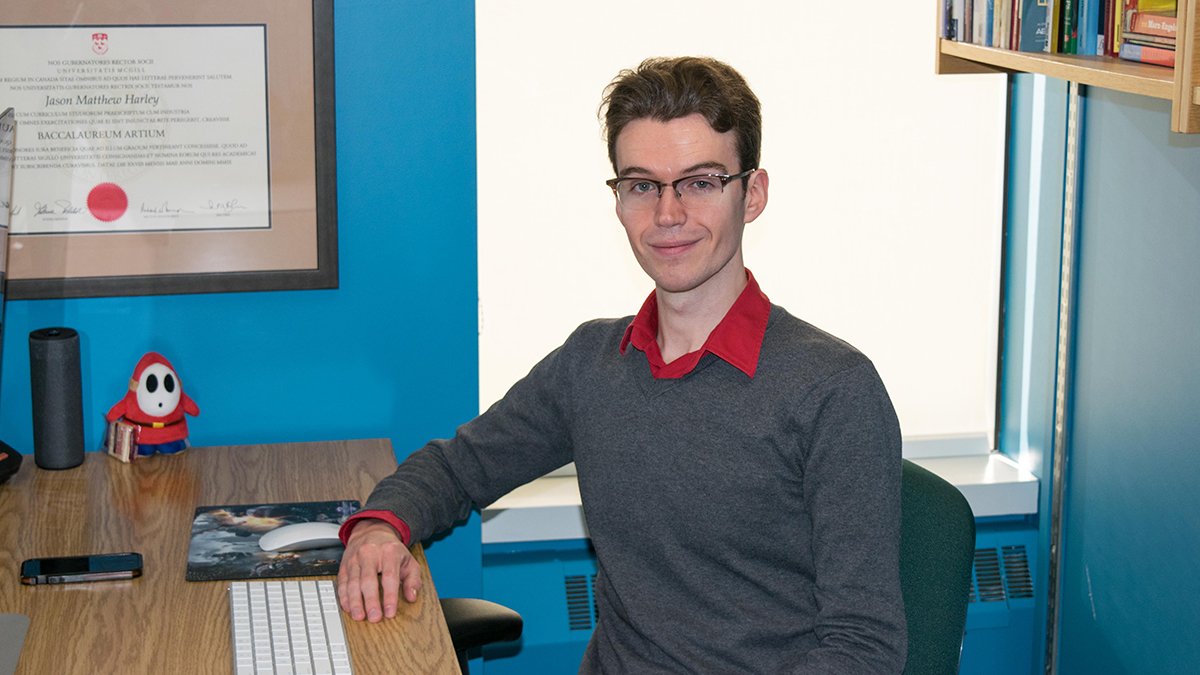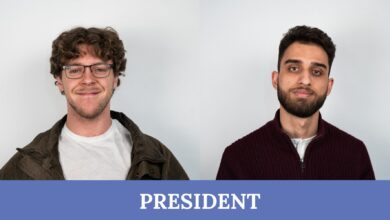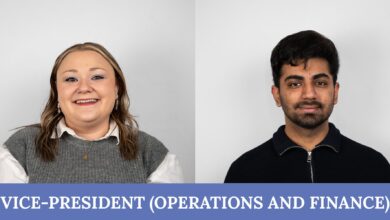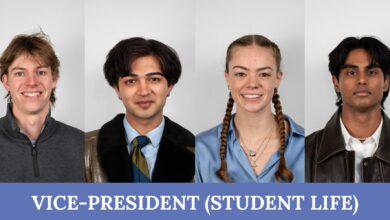App in development for Edmonton LGBTQ history
 Floyd Robert
Floyd RobertA team at the University of Alberta’s Faculty of Education is developing an augmented reality app for showing users the city’s LGBTQ history.
Scheduled for release in 2018, the app will combine quotes, video, and photographs of Edmonton’s queer history.
The app works by using GPS to let users compare historical Edmonton to the present with interviews, archival photos, and facts. Although the app was designed with students in mind, Jason Harley, one of the app’s co-creators, sees it as an opportunity for Edmontonians to experience LGBTQ history.
“What I want to do with this app is create something engaging, it’s not supposed to be this static, dry, document,” Harley said.
By “building narrative and connecting dots” through local history, the app will build a narrative about LGBTQ history that leads right up to current struggles.
“Sexual orientation was, finally, instituted by the Supreme Court, so we’ve moved to having same-sex marriage protection, and now Gay-Straight Alliances in K-12 schools,” Harley said. “There have been a lot of big landmarks.”
The app is focused in Edmonton because it has an “interesting, rich history.” In the ’90s, for example, Edmonton was the centre of a LGBTQ human rights case when King’s College instructor Delwin Vriend was fired for being gay. The controversy lead to the Supreme Court instituting protections for sexual minorities in the workplace.
Pilot testing for the app will start in upcoming weeks. Harley hopes to see other cities develop their own LGBTQ history apps.
“History paints a much bigger picture than the lifetimes that most of us have lived,” Harley said.
According to Harley, there is a gap in Alberta’s curriculum regarding LGBTQ issues. While the app cannot address all of the shortfalls in public education, Harley hopes educators will use it to share LGBTQ knowledge with students over Smart Boards and Google Street View.
The app also aims to reach those who are not members of the LGBTQ community.
“We believe this will help foster empathy, especially for someone who doesn’t know anyone on the LGBTQ spectrum,” Harley said.
Harley said that history is interesting because it helps people appreciate current issues.
“There’s been tons of community support,” Harley said. “It’s wonderful that there’s already interest.”




